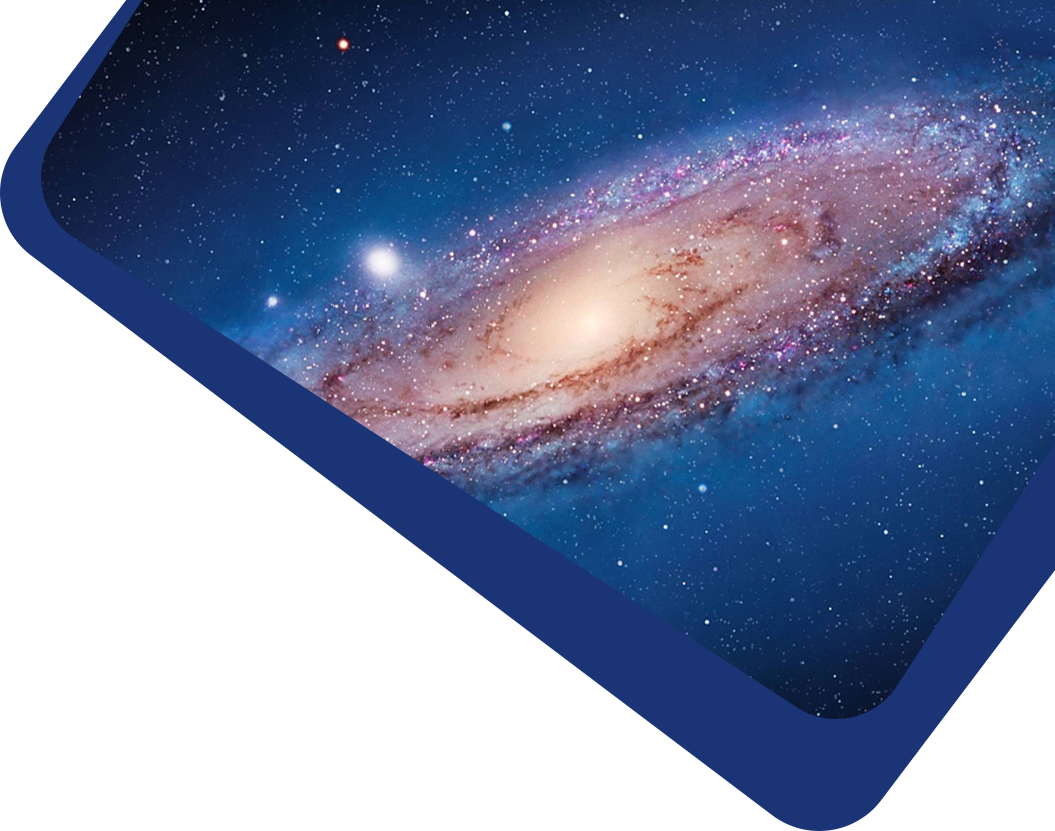This is the second paper in a series that utilizes integral field spectroscopy from MaNGA, NUV imaging from Swift/UVOT, and NIR imaging from 2MASS to investigate dust attenuation properties on kpc scales in nearby galaxies. We apply the method developed in our previous work to the updated SwiM_v4.2 catalog, and measure the optical attenuation curve and the attenuation in three NUV bands for 2487 spaxels selected from 91 galaxies with S/N> 20 and AV > 0.25. We classify all spaxels into two subsets: star-forming (SF) regions and non-SF regions. We explore the correlations of optical opacity (AV) and the optical and NUV slopes of the attenuation curves (AB/AV and Aw2/Aw1) with a broad range of stellar population and emission-line properties, including specific surface brightness of Hα emission (ΣHα/Σ*), stellar age, stellar and gas-phase metallicity, and diagnostics of recent star formation history. Overall, when comparing SF and non-SF regions, we find that AV and AB/AV exhibit similar correlations with all the stellar population and emission-line properties considered, while the NUV slopes in SF regions tend to be flatter than those in non-SF regions. The NUV slope Aw2/Aw1 exhibits an anti-correlation with ΣHα/Σ*, a trend that is primarily driven by the positive correlation between Aw2/Aw1 and Σ*. The NUV slope flattens in SF regions that contain young stellar populations and have experienced recent star formation, but it shows no obvious dependence on stellar or gas-phase metallicity. The spatially resolved dust attenuation properties exhibit no clear correlations with the inclination of host galaxies or the galactocentric distance of the regions. This finding reinforces the conclusion from Paper I that dust attenuation is primarily regulated by local processes on kpc scales or smaller, rather than by global processes at galactic scales.



